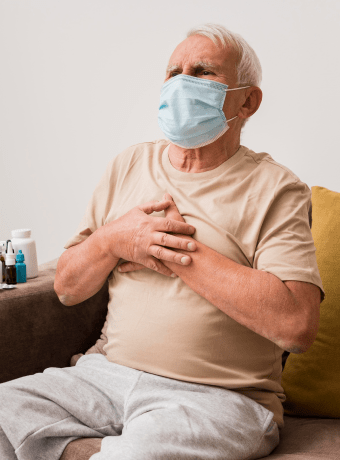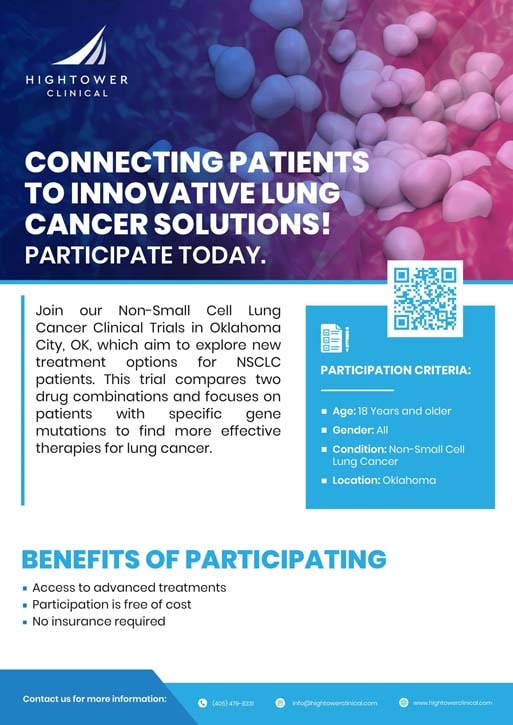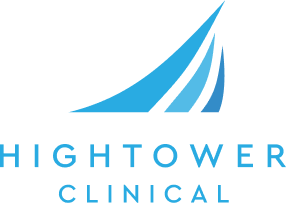NSCLC is the most common type of lung cancer, making up about 85% of cases. It develops slowly in the lung tissues and can spread to other parts of the body.
Non-Small Cell Lung Cancer Clinical Trials in Oklahoma City, OK
Join groundbreaking non-small cell lung cancer clinical trials in Oklahoma City, OK, offering advanced treatments through trusted physicians.
Enroll Now
Suffering from lung condition?
You may qualify for our non-small cell lung cancer clinical study.
Our non-small cell lung cancer clinical trials aim to study new treatment options for patients with NSCLC. The trial compares two different drug combinations to see which one works better for patients with NSCLC. This study will focus on patients with specific gene mutations, helping their immune system fight cancer more effectively. Non-small cell lung cancer clinical trials in Oklahoma City, OK, grants opportunity to join these trials to bring new and effective treatments for lung cancer.
Consider joining and help drive progress in cancer treatment.
* Participation in this clinical trial is entirely free and completely voluntary.
* If you’re interested in participating, simply fill out the form, and a member of our research team will contact you to assess your eligibility.
Non-Small Cell Lung Cancer
| Study Name | Protocol Number | Sponsor |
|---|---|---|
| Non-Small Cell Lung Cancer | AstraZeneca | |
| AstraZeneca |
Non-Small Cell Lung Cancer
Advanced NSCLC occurs when cancer spreads beyond the lungs to other parts of the body. Managing NSCLC at this stage can be complex due to the progression of the disease.
Our non-small cell lung cancer clinical trials are committed to exploring new and better treatment options for patients with advanced lung cancer. Hightower’s non-small cell lung cancer clinical trials focus on cutting-edge therapies designed to improve patient outcomes. With a team of skilled specialists, we ensure patients receive the highest standard of care and gain access to the latest advancements in NSCLC treatment.
* All study procedures and treatments are provided at no cost and no insurance for those who participate.
* The study doctor will guide you through every aspect of the clinical trial before you make a decision and will address any questions you have.
What to Expect?
Once you agree to participate, you’ll sign an Informed Consent Form with details about the study. Our research team will explain the study process and your role, answering any questions you may have before you decide to participate or withdraw.
After signing the consent form, you’ll be randomly placed in either the Control or Experimental group. The Control group receives a placebo, while the Experimental group gets the actual study drug. This is a double-blind study, meaning neither you nor the researchers will know which treatment is being given.
*All care related to the study is provided free of charge, with experienced physicians conducting thorough physical exams and evaluations. *


Age
18 Years and older
Gender
All
Condition
Non-Small Cell Lung Cancer
Current Status
Recruiting
Non-Small Cell Lung Cancer: Common Signs and Complications
Non-small cell lung cancer (NSCLC) often presents with symptoms that can be subtle in the early stages, making early detection challenging.
Common Signs
- Persistent cough that worsens over time
- Chest pain or discomfort
- Shortness of breath or wheezing
- Unexplained weight loss
- Fatigue or weakness
Potential Risks
- Difficulty breathing as the cancer spreads
- Bone pain due to metastasis
- Pleural effusion (fluid buildup around the lungs)
- Hoarseness or voice changes
- Severe fatigue impacting daily activities
Frequently Asked Questions
What are the symptoms of NSCLC?
Common symptoms include a persistent cough, chest pain, shortness of breath, unexplained weight loss, fatigue, and coughing up blood.
How is NSCLC diagnosed?
NSCLC is diagnosed through imaging tests like CT scans or chest X-rays, followed by a biopsy to confirm the presence of cancer cells.
Is non-small cell lung cancer curable?
NSCLC is treatable, especially when detected early. Non-small cell lung cancer clinical trials aim to discover effective treatment options including surgery, radiation, chemotherapy, targeted therapies, and clinical trials. However, cure rates depend on the stage at diagnosis.
What happens during non-small cell lung cancer clinical trials?
Participants in clinical trials receive either standard treatment or new investigational therapies. The goal is to test the effectiveness of new treatments to improve outcomes for NSCLC patients.
Why participate in non-small cell lung cancer clinical trials?
By participating, you gain access to cutting-edge treatments not widely available, receive expert care, and contribute to the development of new therapies that may benefit future patients.




